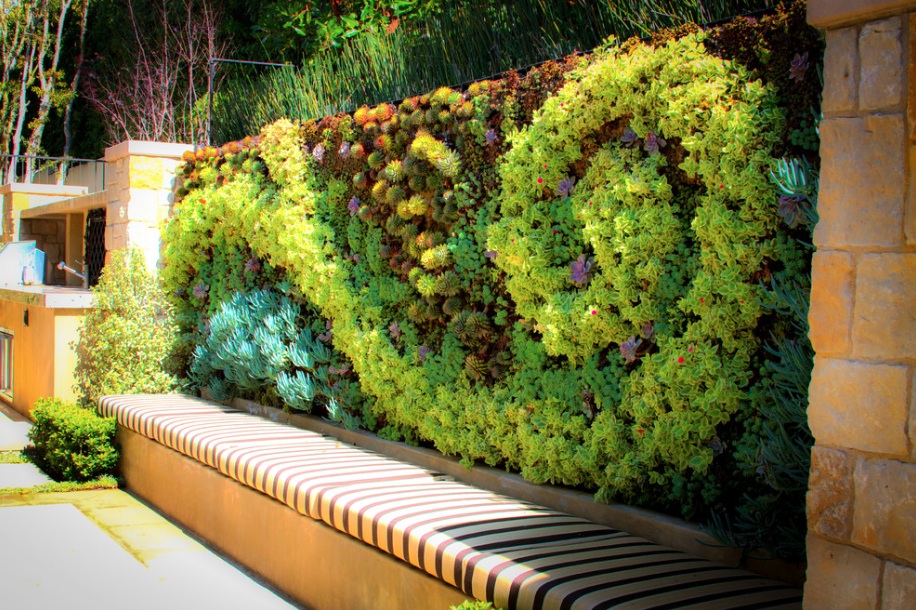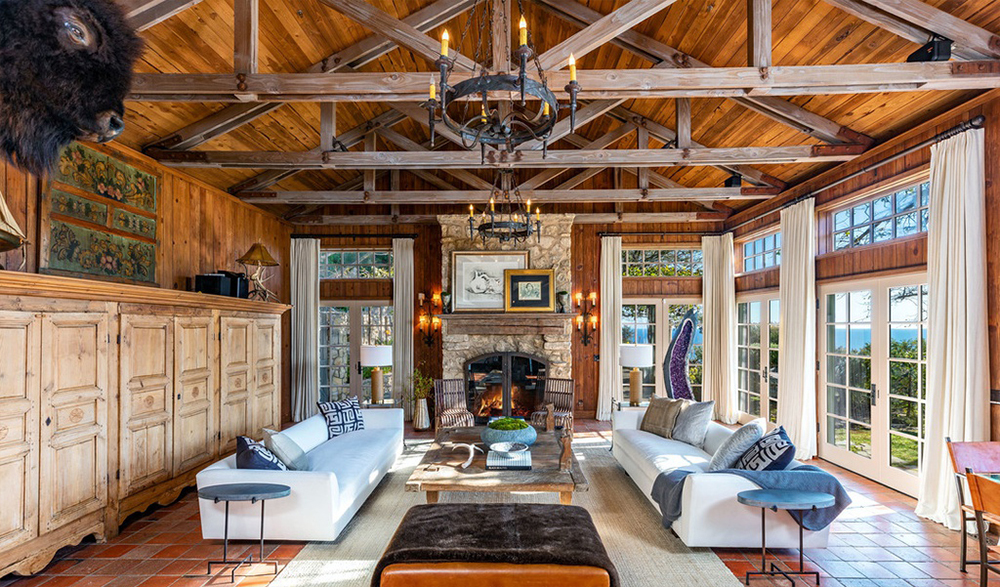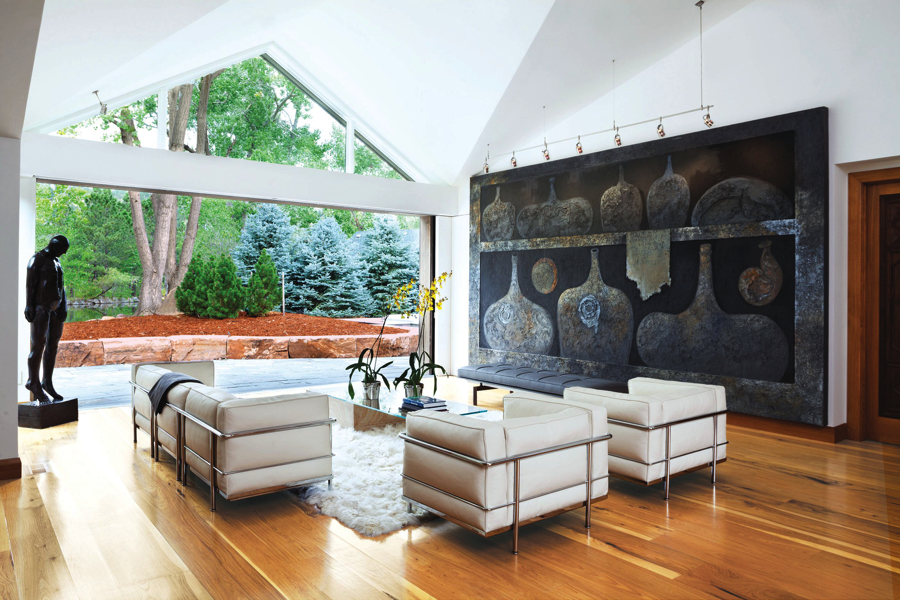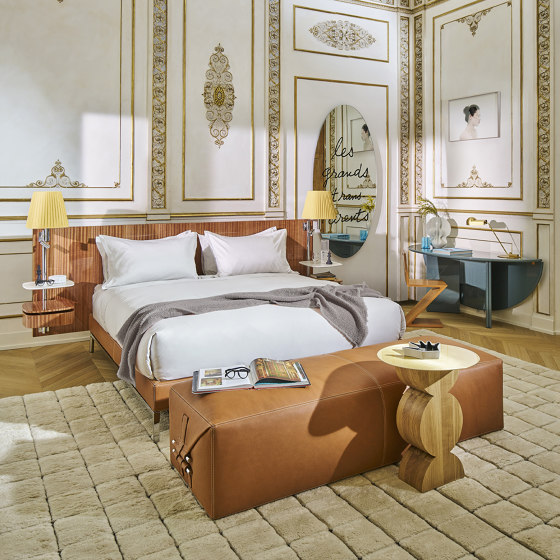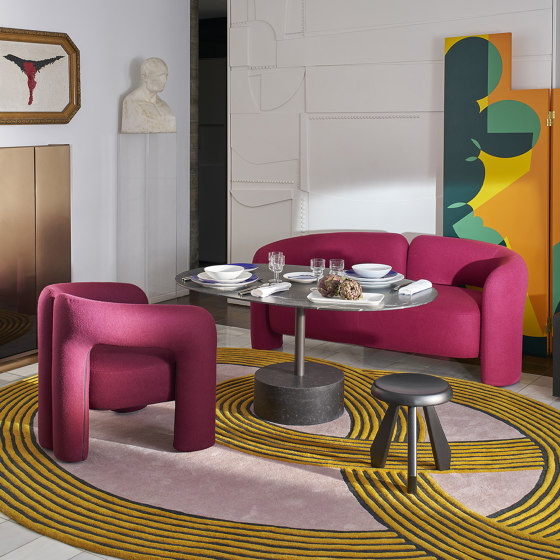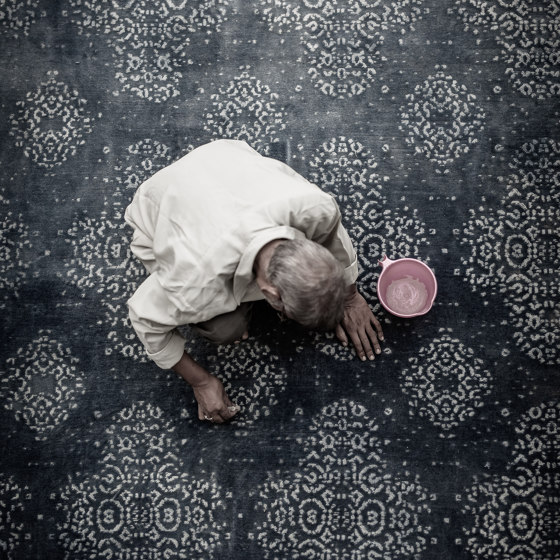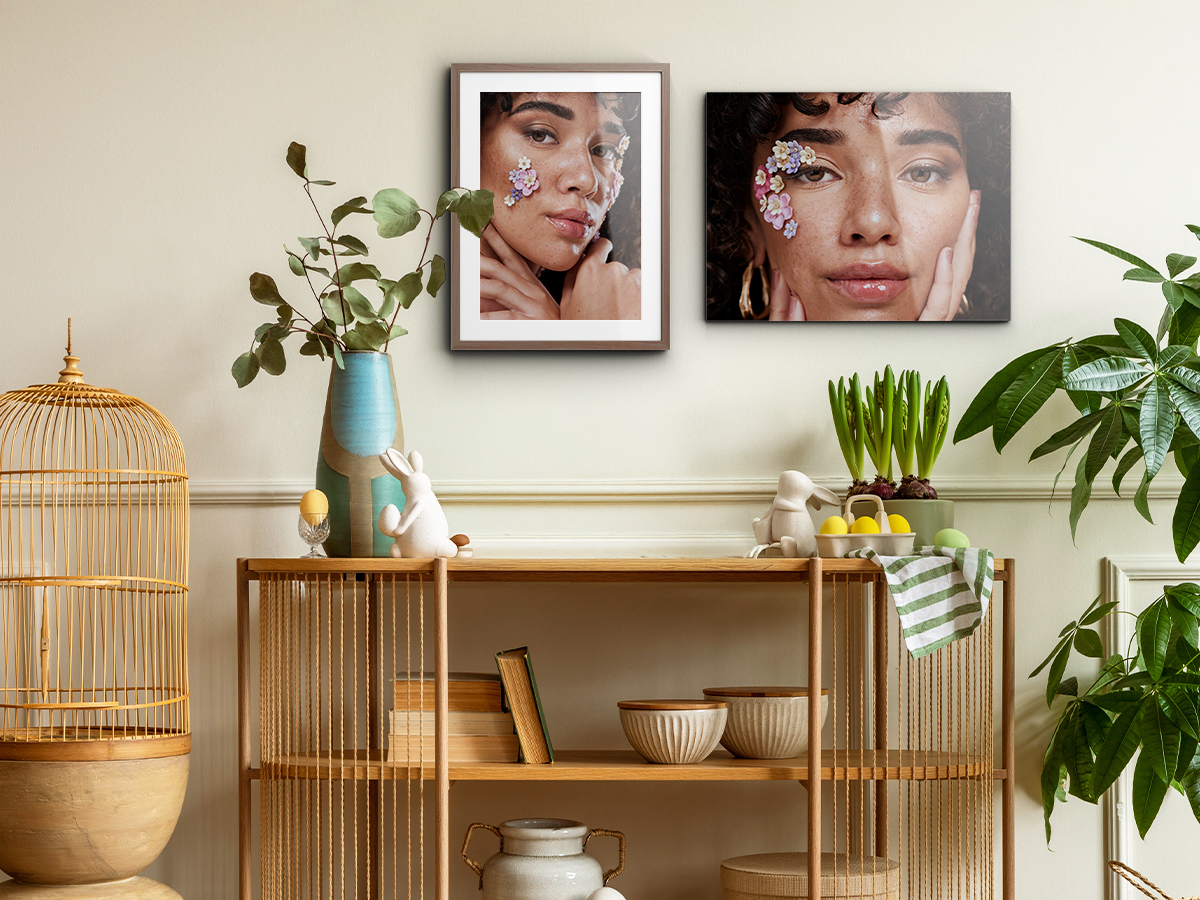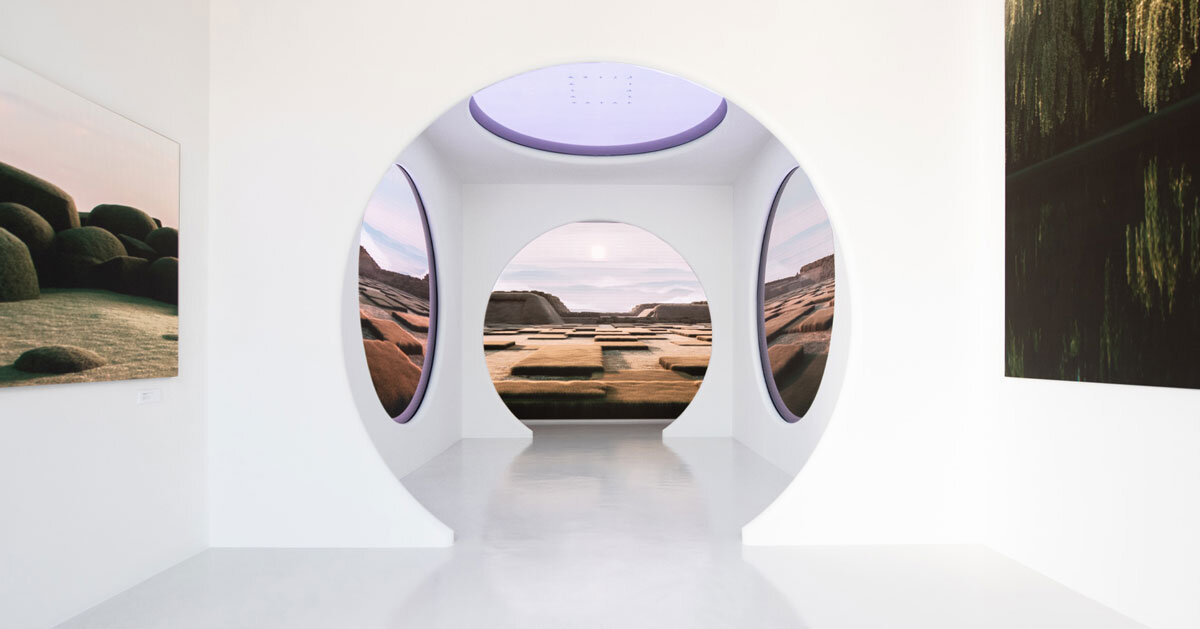Surya CEO Satya Tiwari says big moves do not equal big risks – Portrait
Tiwari shares his thoughts on leaderships and his hopes for the future of the Surya brands.

 Satya Tiwari started his career as an investment banker after graduating from Northwestern University with degrees in computer engineering and economics. He joined Surya, his family business, in 2004 to build the firm into a global brand that serves more than 5,000 independent retailers and interior designers. A majority of the company’s products are manufactured in its facilities in India, and it employs 50,000 weavers there. Tiwari is currently a board member for two nonprofit organizations, East Meets West and Akshaya Patra, both committed to improving the quality of lives in rural communities in Asia. Tiwari is also the co-founder of the Yuvaan Tiwari Foundation, an organization focused on finding a cure for diffuse midline gliomas and supporting pediatric brain cancer patients and their families.
Satya Tiwari started his career as an investment banker after graduating from Northwestern University with degrees in computer engineering and economics. He joined Surya, his family business, in 2004 to build the firm into a global brand that serves more than 5,000 independent retailers and interior designers. A majority of the company’s products are manufactured in its facilities in India, and it employs 50,000 weavers there. Tiwari is currently a board member for two nonprofit organizations, East Meets West and Akshaya Patra, both committed to improving the quality of lives in rural communities in Asia. Tiwari is also the co-founder of the Yuvaan Tiwari Foundation, an organization focused on finding a cure for diffuse midline gliomas and supporting pediatric brain cancer patients and their families.
I understand that your father started the company in 1976. How did your childhood prepare you for the role you have today?
For as long as I can remember, my dad’s message to me was to get a good education and develop a good work ethic. When it comes to the family business, I understood that it wasn’t automatically mine, I had to earn it. I lived in India until fifth grade, then I went to an all-boys Catholic school in Jersey City, N.J. from sixth grade through high school. As a child, I helped with the business on weekends and sometimes in the evenings whenever possible. It was great exposure for me. I went to my first market in Atlanta in January 1991 and learned a great deal. But during my time in school, I didn’t have a strong desire to be in this business.
I have twin eight-year-old boys and we talk about the business, and they have a good exposure to it, they feel they are a part of it, but like myself, they have to earn it. I want to make sure they follow their passions and work for at least two years outside of the business. During my time in investment banking, I learned a great deal and that helped me to build my confidence. I will apply the same process to my boys.
I grew up as the second of five children and I have four sisters, none of whom are in the business. Most of my customers and colleagues are women, so growing up with four sisters I had to learn how to communicate with women.
Is your father still involved in the business in any way?
My father is a healthy 76-year-old, and I don’t know anyone who works as hard as he does. He runs our operation in India along with three of my cousins who are also in the business. He is preparing them to step up when he retires, so it will be a smooth transition. Many of my younger cousins look up to my dad and myself as they learn the business.
What is the relationship between Surya and the artisans who make the company’s rugs?
Many rug manufacturers have products that come from a factory. But we work with many weavers who create our product by hand. They are part-time weavers along with being part-time farmers. We procure the raw materials and design the product and then give those to a weaver to create. We work with more than 50,000 artisans in India. My father started the business in 1976, and since then, our goal is to provide continual work for these weavers. If not, they will go other places. Our weavers need enough hours. So, we work with people who are buying in cycles, and we stock product in the U.S. for the design community. This is why we are putting more emphasis on handmade product. We do have some machine-made product that we sell to mass merchants and through e-commerce, but for the last four to five years, we’ve worked to grow the handmade business in a big way. Designers can help the weavers make a meaningful income long term and be part of a trade that is generations old.
Over the past year, Surya has acquired Global Views and Mitchell Gold + Bob Williams. You’ve talked about further acquisitions. What is your game plan?
There is no specific plan at this point. The business has two guiding principles. We want to be a complete resource for interior designers, designers in retail environments and at design firms, and we want to become a more comprehensive resource for these designers. With the addition of Mitchell Gold + Bob Williams, we now have customized upholstery. Both Surya and Global Views have been selling to interior designers for more than 20 years. We are always looking for great ideas and a brand that will fit for us and accelerate our growth. This is a turbulent phase for our industry so we don’t know what opportunities will present themselves — could be case goods or wallpaper, but they must have a high level of design and a lot of respect within the design community. We want to give designers something to be excited about.
How would you describe your leadership style?
I wake up every day with a high level of curiosity. I try not to make any assumptions and realize that designers, the market and customer behaviors are changing constantly. So, every day is new day. I feel that as a curious leader, I hold the bar high. We often learn from the customers who are my boss. I have 50,000 bosses every day. If they don’t order, then we don’t have a business. So, I encourage everyone from order entry to design to sales to remain relevant to our customers and work to solve their problems. I learned in banking that you need to create value each day. I push my colleagues to do the same thing. What are they doing to take things to the next level? I learned a lesson from Warren Buffet that it’s important to learn something every day. Compounded learning is what makes companies great in any industry.
How do you keep your team motivated?
We hold everyone to the same standard. Anyone in the organization can make a mistake, but we can all learn from it. No one is penalized for making a mistake as long as they don’t keep making the same mistake over and over. My colleagues look to me since I have big ambitions, I’m not here just to grow a little. We set high aspirations. If I was working for a company, that’s what I’d want. Our clients want to grow, too, so we all have a growth mindset. I believe I have a transparent management style. We have a monthly meeting where we share everything with our employees. This is great for some people but not for others. I often work more than 40 hours a week and so does my team. The team holds each other accountable as peers.
What is the biggest risk you’ve taken?
I don’t believe I’ve taken any big risks. I haven’t done anything that others wouldn’t do. I came to the U.S. at an early age and learned the value of my experiences. Of course, every decision has risk but at Surya we plan for it, and we study it. Bold moves and risks are different things. If you plan and study, then you mitigate risk. All acquisitions are bold moves; the risk is minimized if you plan for it. I believe in the practice of “measure twice, cut once.” I am constantly thinking long term. I have 15,000 customers, thousands of employees and 50,000 weavers who believe in me and the boldness I’ve displayed has come from confidence in our ecosystem.
What’s one work task you wish you had more time for?
I wish I had more time to talk to customers and colleagues. I did back when we were a smaller company. I really enjoy talking to people in the business and learning what others are seeing. I learn who is doing better than me by talking to people. I used to travel a lot but now I do less of that. Not that I don’t enjoy it. Back in the day, I traveled to meet customers and vendors, and I’d like to have time to do more of that.

Tell me more about the Yuvann Tiwari Foundation and what it means to you.
My son Yuvaan was diagnosed with a rare brain cancer at age two. Only 1,000 children get diagnosed with this type of cancer each year so not a lot of research is being done. It would be awesome to have a cure in our lifetime. Once we received the diagnosis, we knew he had months, not years. My wife, Parvati, deserves all the credit for getting us through this time. She did 99% of the work. He showed so much courage as he fought the illness but passed away at the age of three. After he passed, we wondered why this happened to us. We realized we had a good ecosystem, and if we didn’t do something who would? We created the foundation to bring as much attention as we could to the type of cancer that he had, diffuse midline glioma (DMG). Before Yuvaan, I didn’t know much about this disease, but raising awareness and finding a cure is now a part of my daily life. This experience has given me courage in my professional life. How can I get rattled by something small knowing what he went through? I’ve gained more empathy through losing my son. As a child, I lost my brother in a tragic accident and my dad lost a son. My dad helped me to learn from this experience and be a better person.
Fun questions:
Do you follow any sports teams?
I follow soccer now but when I went to school in Chicago, I was a basketball fan. I went to college during the Michael Jordan era. I watch the Super Bowl, the NBA Finals but I also use those sports analogies to help in my business life. How do I win every day? How do I set myself up for long term success? Sport is the purest form of competition.
Do you have a favorite month or holiday?
I really like the months of November and December. It gets easier after Thanksgiving and the second half of December slows down for us so we can take a breath and enjoy time with family. I also enjoy Diwali, which is known as the festival of lights. My kids rea growing up in the U.S. but I don’t want them to forget their roots.
What is your favorite food?
My favorite food is Indian food. Everyone should try it. There is some confusion between spicy and flavor. The food should have a wonderful flavor but not be pepper hot.
How did you earn your first paycheck?
I earned my first paycheck during summer school at Harvard after my sophomore year. I found a professor who needed help moving so he paid for helping to move his more than 10,000 books. It took us two weeks to pack his library. I developed a real appreciation for books from that experience.
What are you currently reading or streaming?
I am reading a book that I picked up in India called Diamonds Are Forever, So Are Morals. It’s an autobiography of Govind Dholakia, an Indian diamond merchant, written by Arun Tiwari and Kamlesh Yagnik.
See also:
What's Your Reaction?








